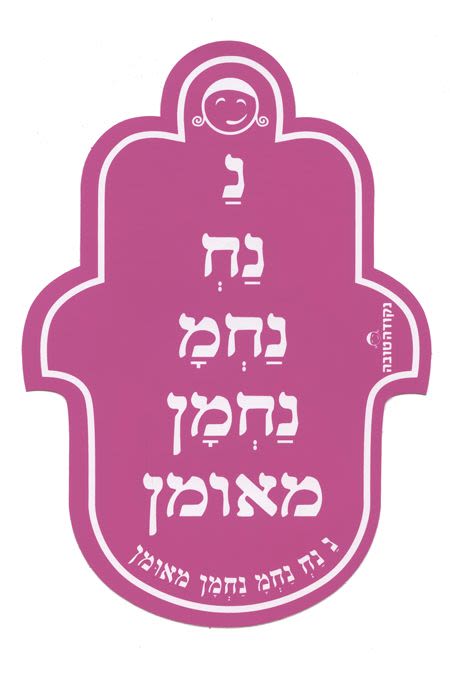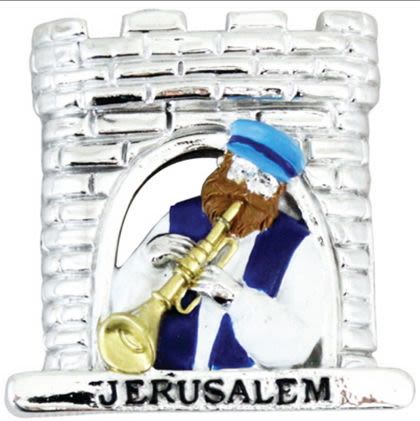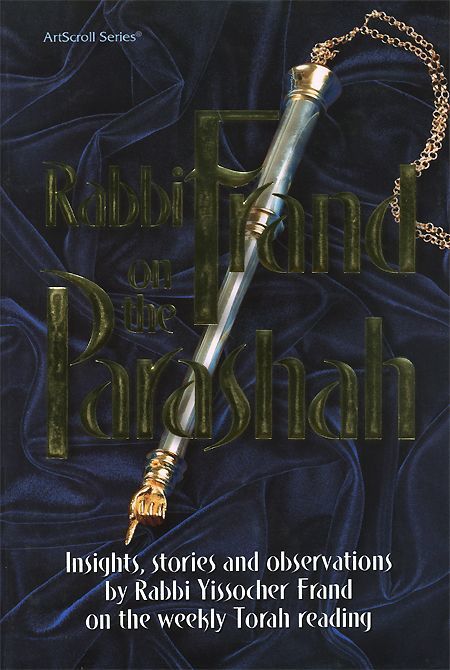
The Cow Comes, The Cow Goes
Even Hashem's way of collecting a spiritual debt from someone, as a result of some previous transgression that was never atoned for, is merciful...

Translated by Rabbi Lazer Brody
Everything Hashem does is for the very best. This is the one spiritual fact that we must internalize, driving it deep into our heart and brains, for it’s the difference between living a life of content and a life of absolute purgatory. Hashem has enabled me to understand that Gehennom – purgatory – is right here on earth. There’s no spiritual realm, even the ones with the horrific descriptions of the fires and ordeals, where a person’s tribulations are greater than they are here on earth. So the only way to avoid living a life of Gehennom right here and now like most people do is to uplift ourselves with emuna, attach ourselves to the Creator, and know that everything is from Him and all for the best.
The Midrash tells us that Hashem wanted to create a world of truth, in other words, absolute justice, meaning that as soon as a person would do something wrong, the ax of stern judgment would immediately be leveled against him. But, Hashem knew that the world could not exist on such a level, so He mixed compassion with  truth and created the world.
truth and created the world.
King David says (Psalm 25:10), “All the ways of Hashem are compassion and truth.” During a recent visit to our great and esteemed rabbi and teacher Rabbi Ovadia Yosef shlit’a, I asked him why King David placed compassion before truth. After all, Hashem’s original intention was to create a world of absolute truth alone. Rabbi Ovadia answered by teaching me the following principle: Goveh chov l’tovato. In other words, when Hashem wants to collect a spiritual debt from someone, as a result of some previous transgression or misdeed that hasn’t been atoned for, then Hashem takes back some gift that He gave the person. Rabbi Ovadia then explained this principle with the following parable:
There once was a very poor family in a village. The couple’s ten children were borderline starving and the parents could barely eke out the barest of subsistence doing whatever menial tasks that came their way. A rich man happened to encounter this family, and their dire situation touched his heart. He knew that the greatest form of charity is to help a person support himself, so he decided to give the family a prize Holstein cow that could give them over twenty liters of milk a day.
The family was overjoyed. Not only did they have all the milk they could drink, but there was plenty left over to make yoghurt and churn butter. They even had enough to sell milk and butter to their neighbors. Thanks to their benefactor and the cow, their lives turned completely around for the very best.
Some time afterwards, the cow stumbled, broke her leg and died. The family had no more cow.
“This,” said Rabbi Ovadia, is Hashem’s collecting a debt from a gift he gave the person. It looks like a tragedy, but it’s really Hashem taking back a gift that he gave the family in the first place.” Rabbi Ovadia told me this while he was still in the seven-day mourning period – shiva – for his son, the esteemed Rabbi Yaacov Yosef, of blessed and saintly memory.
Rabbi Yaacov Yosef was surely an atonement for the entire Jewish People. Interestingly, the word in Hebrew for atonement is kapara. Ka-para also means “like a cow”. Whenever we lose something dear to us, we should always remember that Hashem is simply taking back a gift. We should never forget that everything in life is a free gift. Emuna is our only real comfort in this difficult world.
Rebbe Nachman said (see Likutei Moharan II:119), “It looks to me like this world is Gehennom – for everyone is full of suffering.” The more we immerse ourselves in Torah, prayer and emuna, the more we rid ourselves of suffering and the more we find joy, even down here on earth.











4/29/2013
It is the neshama’s own destiny when it leaves this world The message in this article is terribly flawed. As a father who also lost a son to an illness, reading this article gave me no comfort whatsoever. Hashem does not take away a gift such as a son due to some transgression of the parent. That is the most horrible thing a person can say to a grieving parent. According to the Zohar each neshama lives out its own destiny. It has nothing to do with a parent's atonement for a sin. When that neshama completes its task, then it returns to its Creator.
4/29/2013
The message in this article is terribly flawed. As a father who also lost a son to an illness, reading this article gave me no comfort whatsoever. Hashem does not take away a gift such as a son due to some transgression of the parent. That is the most horrible thing a person can say to a grieving parent. According to the Zohar each neshama lives out its own destiny. It has nothing to do with a parent's atonement for a sin. When that neshama completes its task, then it returns to its Creator.